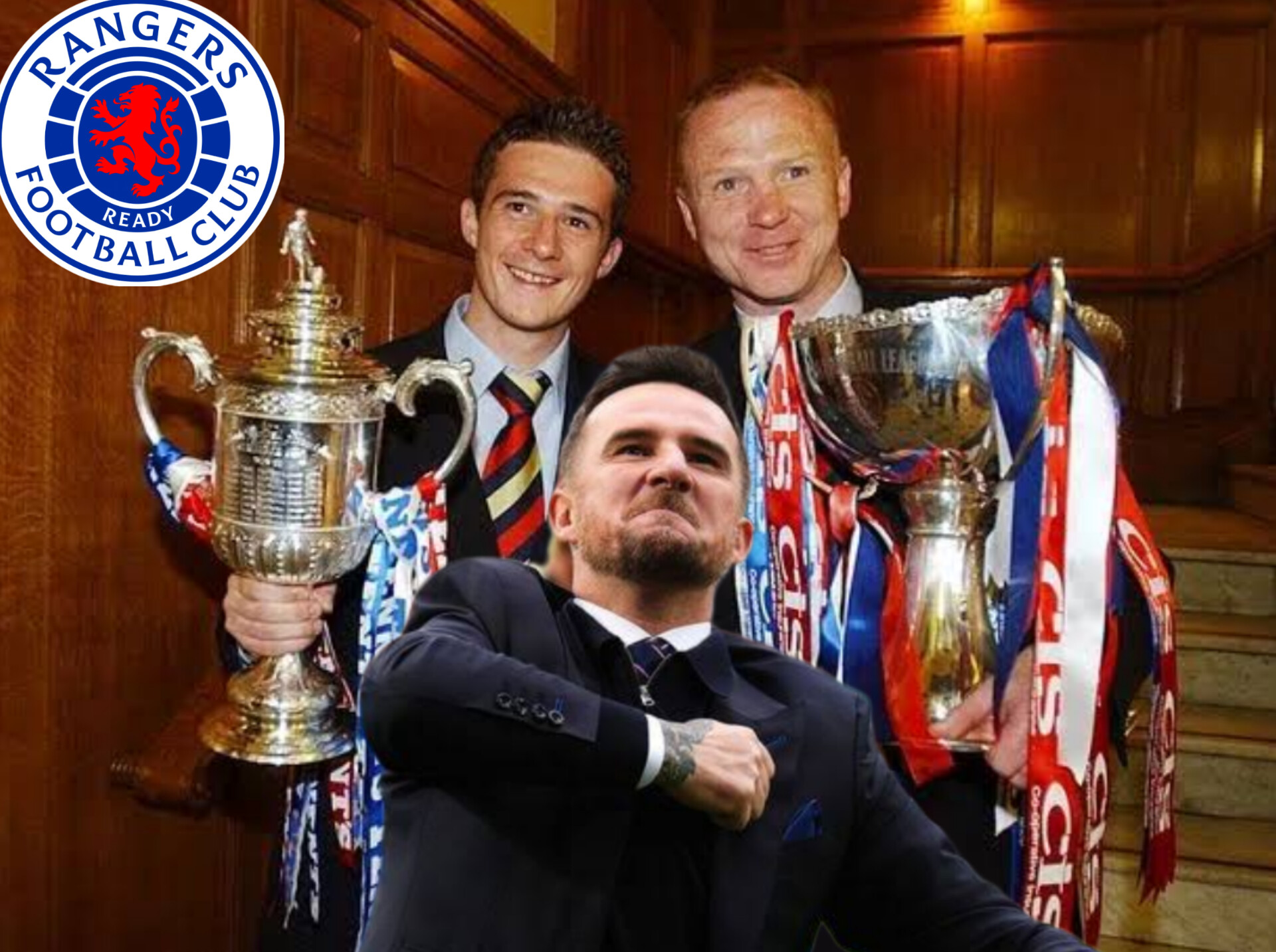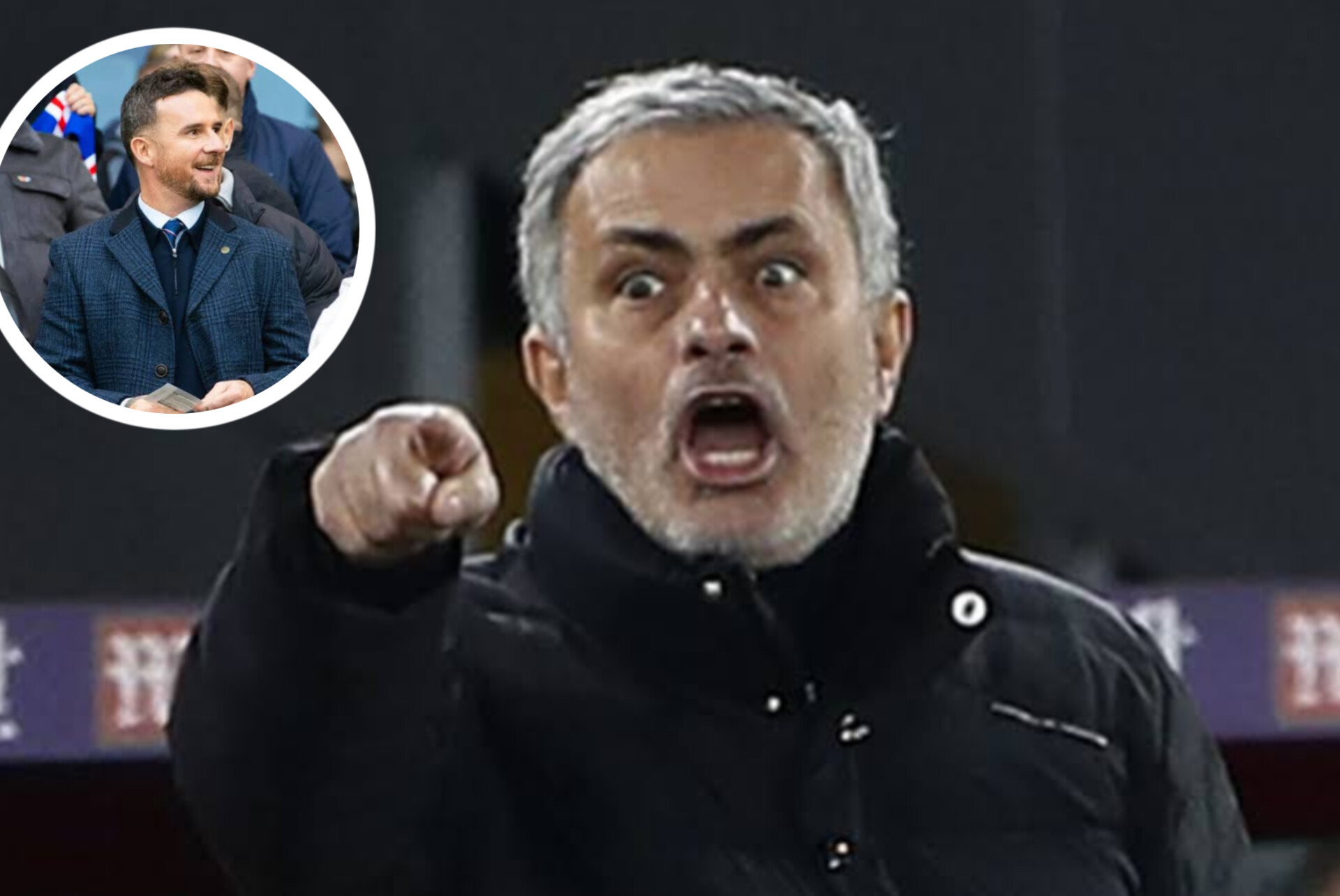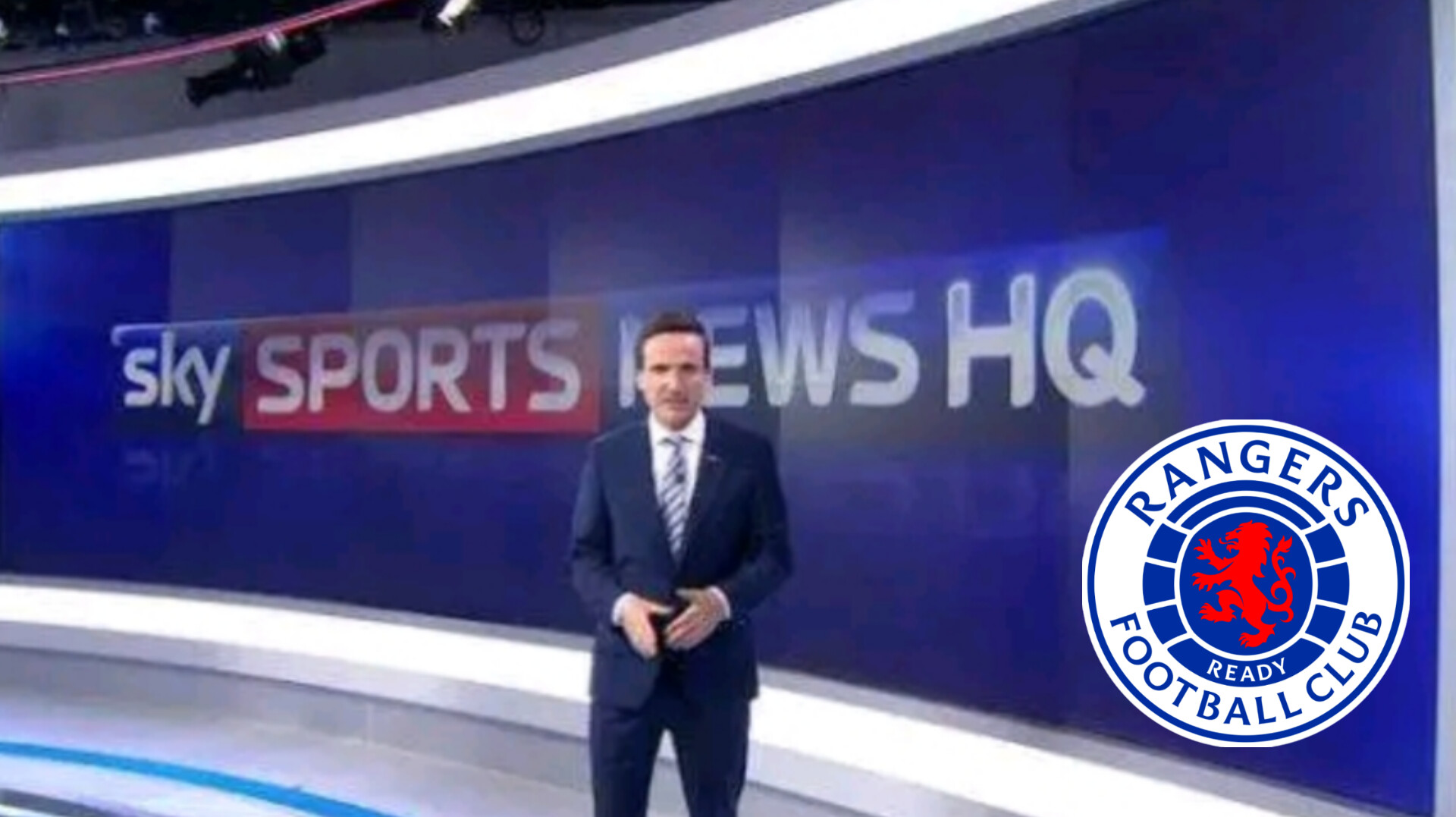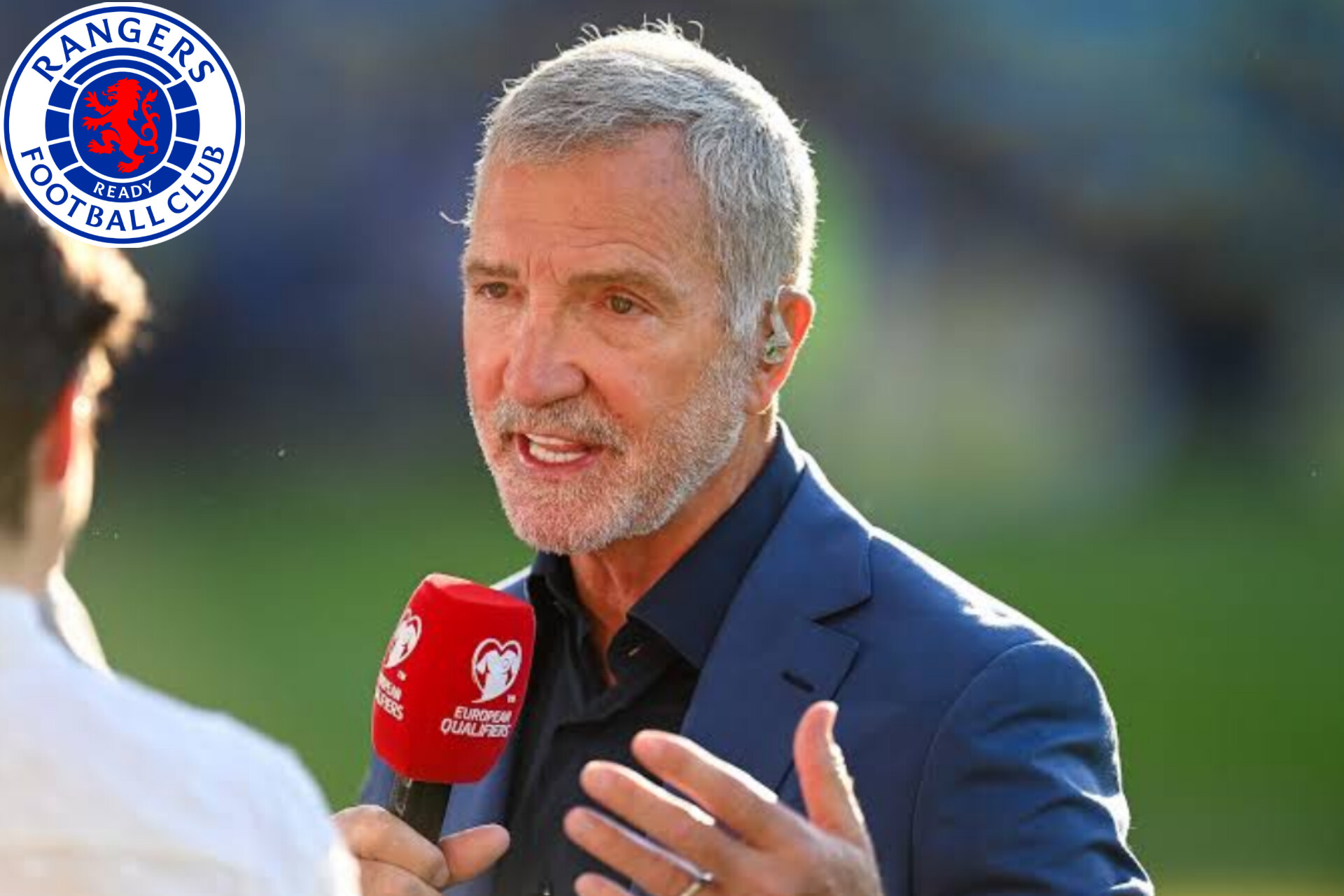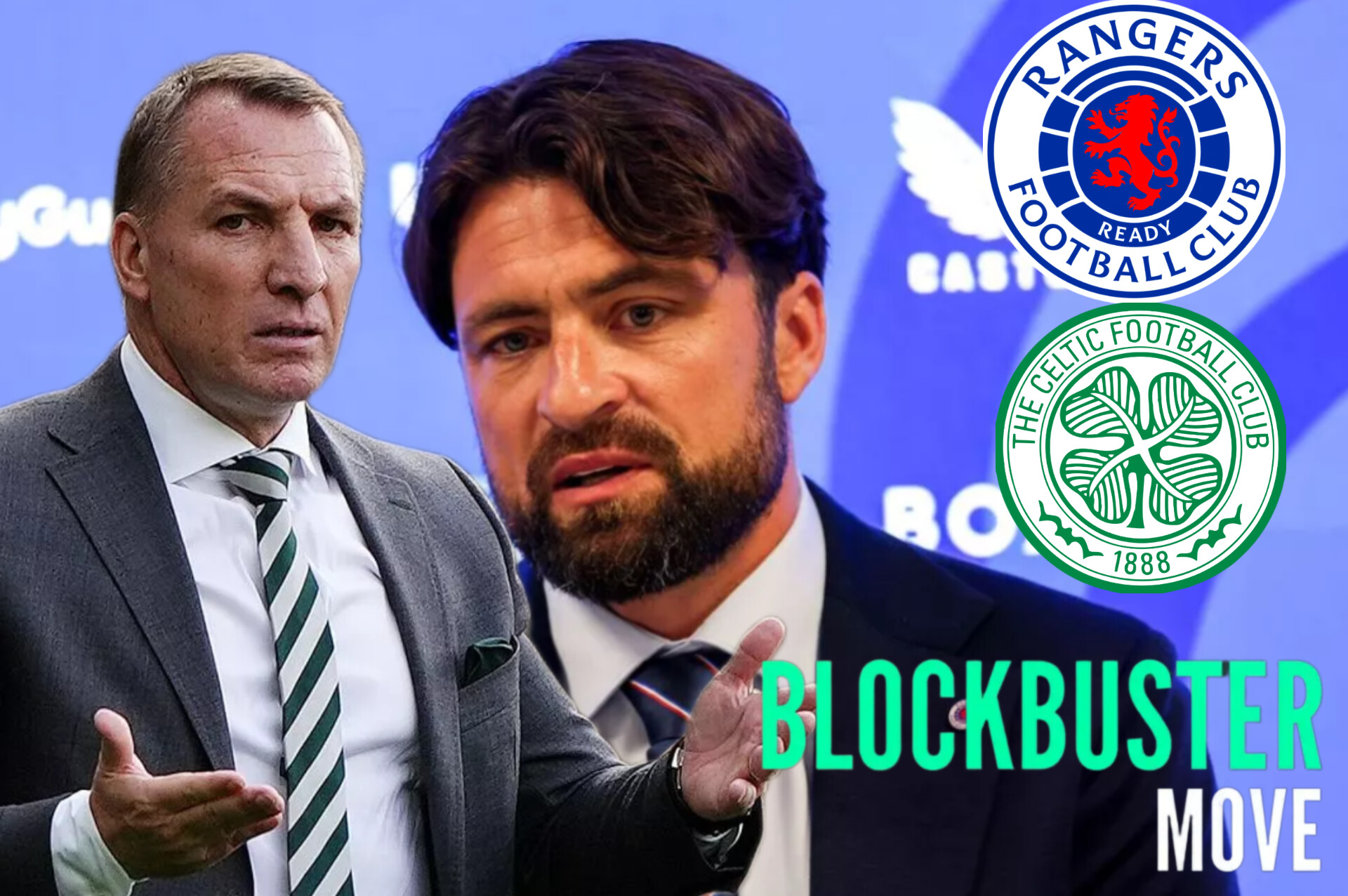Alex McLeish, affectionately known as Big Eck, possesses an unparalleled understanding of Barry Ferguson’s relentless drive to succeed, a trait that has defined Ferguson both as a player and now as a manager.
McLeish, who managed Ferguson more than any other coach during the latter’s playing career, has had a front-row seat to his competitive spirit.
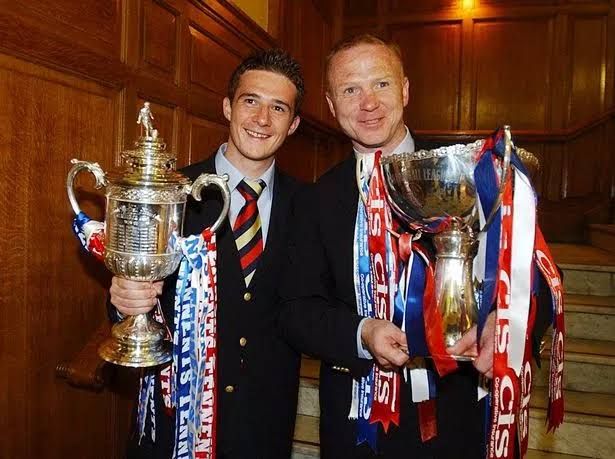
Their professional relationship spans multiple chapters: McLeish sold Ferguson from Rangers, only to later bring him back to Ibrox and then sign him again for Birmingham City. This extensive history gives McLeish unique insight into what fuels Ferguson’s fire.
Any lingering doubts McLeish might have had about whether Ferguson’s hunger had dulled were emphatically dispelled during a charity legends match in Govan.
Tasked with managing a team that included Ferguson, McLeish made the bold move of substituting his former captain at halftime.
Ferguson’s fiery reaction—challenging the decision despite McLeish’s lighthearted jab that he could no longer keep up—served as a vivid reminder of the midfielder’s unyielding mindset.


That moment, McLeish recalls, epitomized the winning mentality that Ferguson has carried into his current role as interim Rangers manager.
Now, with Ferguson at the helm of Rangers, McLeish is both thrilled and unsurprised by his strong start. Speaking to Record Sport, he praised Ferguson’s refusal to accept defeat, a quality that’s already evident in his tenure.
“When it comes to that winning mentality, Barry is among the very best I’ve worked with,” McLeish said. He pointed to Ferguson’s long history with Rangers as a player, noting that he understands precisely what it takes to thrive at the club—a knowledge forged through years of delivering results.
That same drive, McLeish explained, was why he repeatedly sought Ferguson for his teams, first at Rangers and later at Birmingham, where Ferguson played a pivotal role in their Carling Cup triumph over Arsenal at Wembley.
McLeish’s confidence in Ferguson’s leadership stems from their shared history. When McLeish took over as Rangers manager in 2001, he inherited Ferguson as captain, relying on him to secure a cup double and then a domestic treble in his first two seasons.
After Ferguson’s stint at Blackburn, McLeish brought him back to Rangers in 2005, and later leaned on him again as Scotland’s national team boss.
This deep connection has given McLeish a clear view of Ferguson’s influence, which he now sees permeating the current Rangers squad.
A prime example is their recent 3-2 victory over Celtic in the Old Firm derby at Parkhead—a result that snapped a long winless streak at that ground—coupled with an impressive European showing against Fenerbahce.
Despite Ferguson’s limited managerial experience in Scotland’s lower leagues, McLeish dismisses any skepticism about his readiness for the Rangers job.
“Even Pep Guardiola might struggle at that level,” he quipped, emphasizing that success in those divisions isn’t a fair measure of Ferguson’s potential.
Instead, McLeish highlights how Ferguson has quickly established himself as a natural fit for Rangers, exuding the authority and intelligence of a seasoned manager. He’s instilled a clear sense of the club’s expectations in his players, waking them up to the pace and passion required to wear the Rangers badge.
McLeish believes Ferguson’s ability to impart these values—honed during his own high-level playing career—is already paying dividends.
Players like Nico Raskin, who shone in the Celtic match, exemplify how Ferguson’s influence is elevating the team.
For McLeish, Ferguson’s appointment feels like a perfect match, a case of the right person for the right club at the right time. “Certain people are made to manage certain clubs,” he said, and Ferguson’s early success suggests he’s proving that point with every game.
